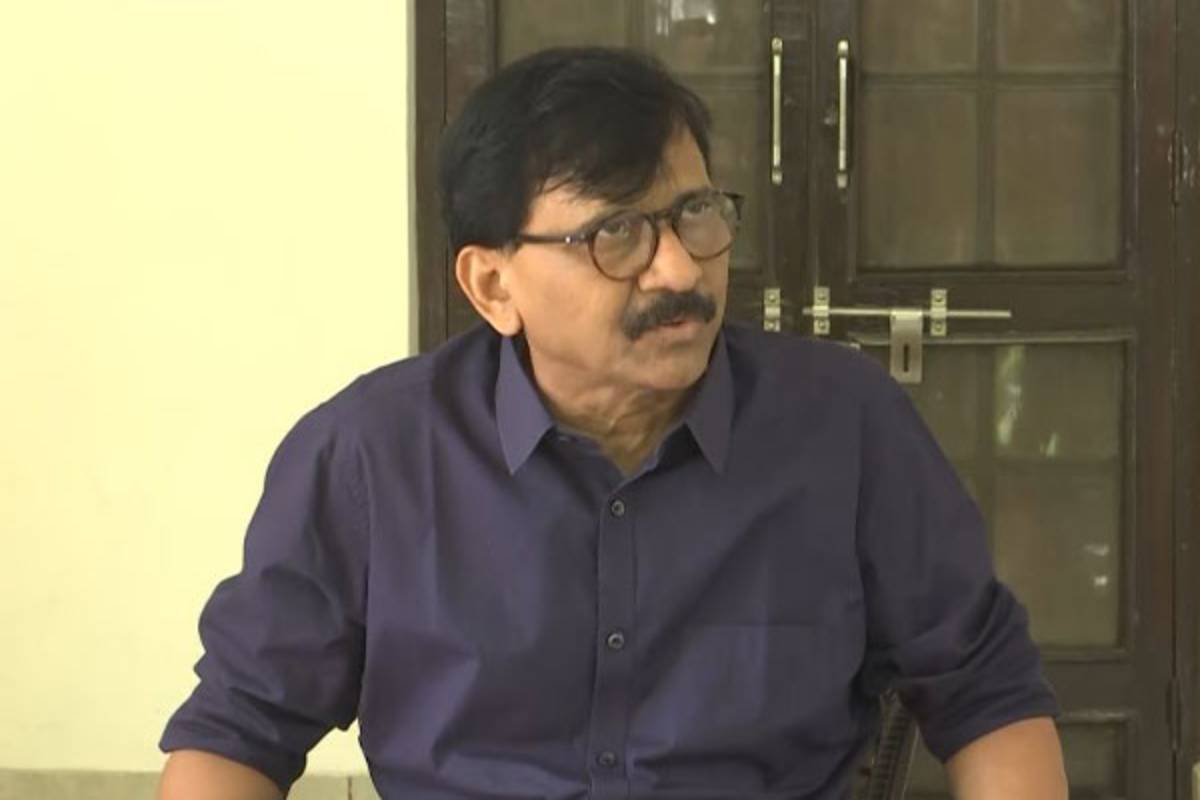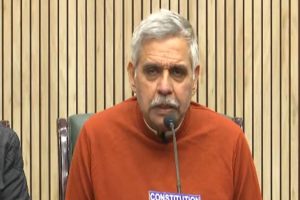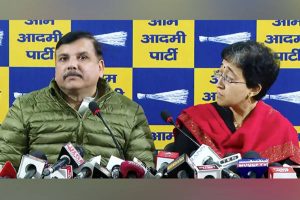Reflecting on RSS Chief Mohan Bhagwat’s remarks, Shiv Sena (UBT) MP Sanjay Raut said on Saturday that Ram Mandir was a movement in the history of the nation and not only BJP and PM Modi contributed to it, but everyone including RSS, Shiv Sena, VHP and even Congress contributed to the movement.
Speaking to ANI, Raut lashed out at Bhagwat and said that he is the one who brought such people to power and should take responsibility now.
“Ram mandir was a movement in the history of this nation. I believe everyone contributed to that movement. Not only BJP and PM Modi contributed to it but RSS, BJP, Shiv Sena, VHP, Bajrang Dal and Congress also contributed to the movement…It is right that no one can become a leader just by constructing a temple. This nation is a temple, you should build it…Mohan Bhagwat, you are the one who brought such people to power. So now, you take the responsibility,” Raut said.
On Friday, Mohan Bhagwat urged for unity and harmony in the country, stressing that divisive issues should not be raised to create enmity, even as he highlighted the importance of the Ram Temple in Ayodhya as a symbol of Hindu devotion.
Speaking at the inauguration of the Hindu Sewa Mahotsav in Pune on Thursday, Bhagwat said, “Coming to the question of devotion. There should be a Ram temple, and it indeed happened. That is a site for the devotion of Hindus.”
However, he cautioned against creating divisions. “But raking up new issues every day for disdain and enmity should not be done. What is the solution here? We should show the world that we can live in harmony, so we should have a little experiment in our country,” the RSS chief added.
Highlighting India’s diverse culture, Bhagwat said, “We have ideologies of different sects and communities in our country.”
Bhagwat also spoke about Hinduness as an eternal dharma, stating that the Acharyas of this eternal and Sanatan dharma follow the “sewa dharma,” or the dharma of humanity. Addressing the audience, he described Sewa as the essence of Sanatan Dharma, transcending religious and social boundaries. He urged people to embrace service not for recognition but for the pure desire to give back to society.





